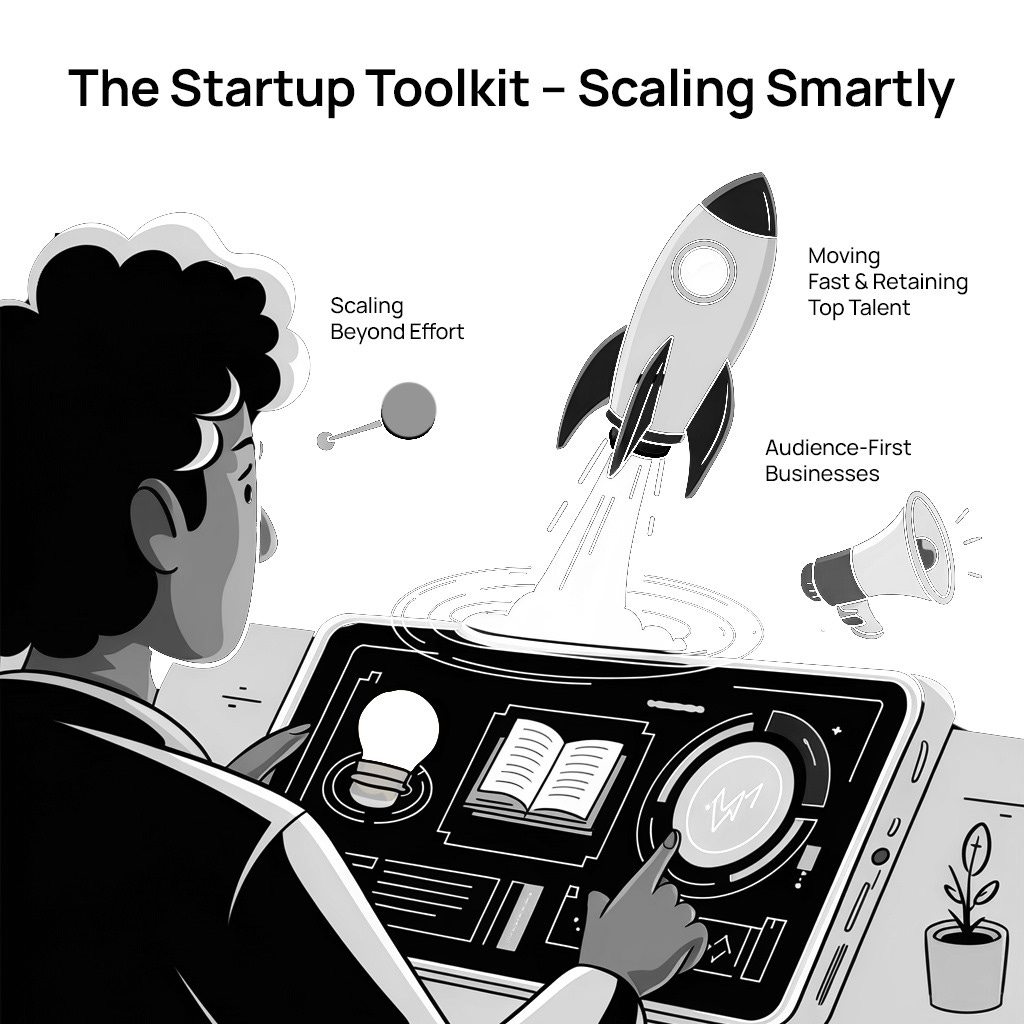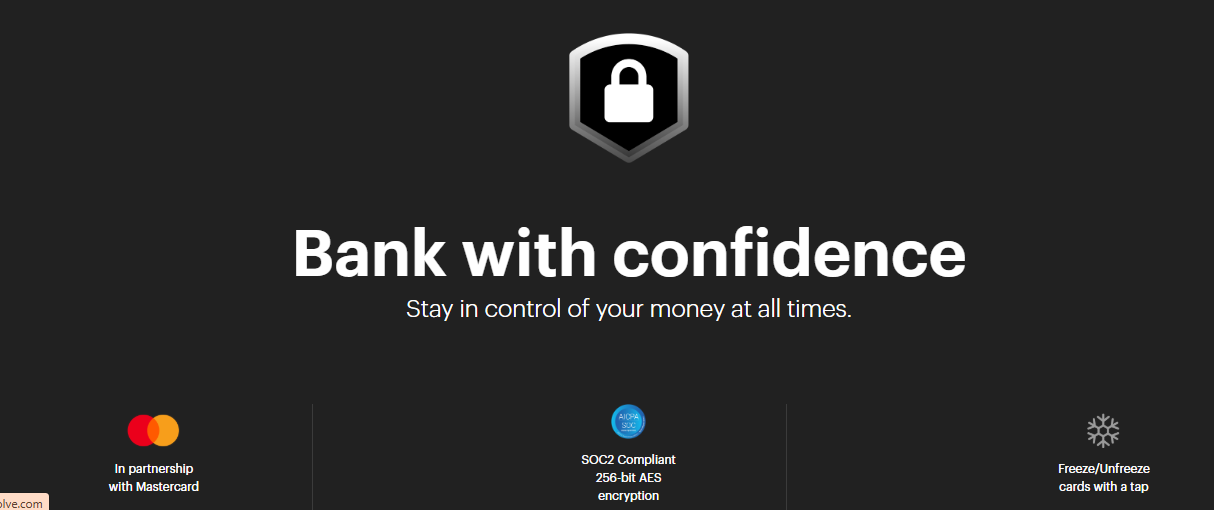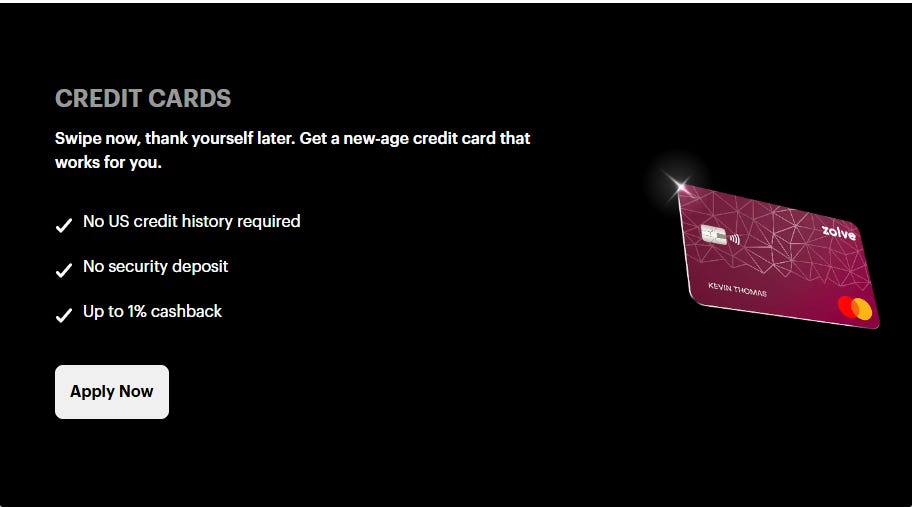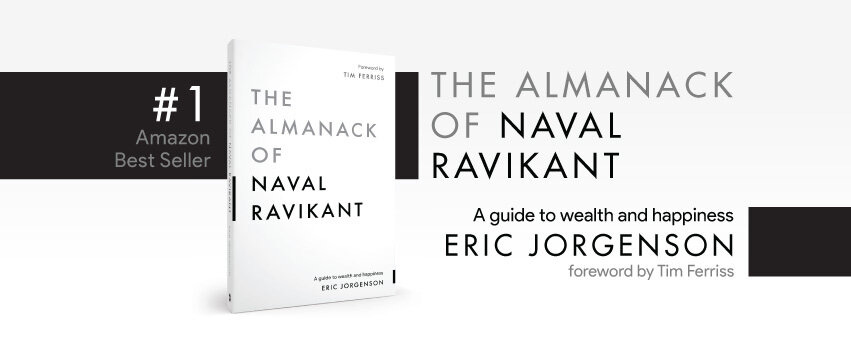#24. Leverage, Speed & Standing Out: Startup Lessons That Actually Matter
The smartest founders and creators aren’t playing safe—they’re moving fast, mastering leverage, and building trust. This edition breaks down how.
Welcome to the 24th edition of More than Buzzwords—your go-to newsletter for startup wisdom, career growth, and business-building insights! 🚀
Whether you're a founder, operator, solopreneur, creator, or just someone who wants to think and work smarter, this edition is packed with lessons you can apply right away.
Here’s a glimpse of what’s inside:
🔹 The Smartest Startup Tweets This Week – Handpicked insights from top industry experts on how to stand out online, retain top talent, build audience-first businesses, and craft winning strategies.
🔹 Startup Spotlight: Zolve – How this global neobank is solving a major pain point for immigrants and redefining cross-border banking.
🔹 Timeless Wisdom from The Almanack of Naval Ravikant – Five powerful takeaways on wealth, leverage, and building a career that scales beyond just trading time for money.
If you're looking to sharpen your strategy, scale your impact, or simply get smarter about business and career growth, this edition is for you. Let’s dive in!
What the Smartest Minds in Startups Are Saying 💬
Social media is overflowing with information—but not all of it is worth your time. That’s why each week, I handpick the most impactful tweets from top industry experts.
This week’s selection is especially relevant for founders, solopreneurs, startup operators, and anyone building in the creator economy and audience-driven businesses. Keep reading to find tweets that hit home.
1️⃣ How to stand out from the crowd?
How to stand out online:
• Write with conviction
• Show your personality
• Teach what you’ve tested
• Share actionable information
99% of people don’t do any of this.
The internet is flooded with content, but most of it is forgettable. Why? Because it’s generic, cautious, and lacks personal experience.
This tweet is a reminder that the loudest voices online aren’t necessarily the smartest—they’re the ones who are unapologetically themselves and share insights rooted in real-world experience.
Build trust by showing what you’ve done and how you built your expertise. That’s what the real “selling” content is.
If you want to build a reputation online, don’t just recapitulate what hundred others have already shared. Share what you’ve learned, what you believe, and what you’ve tested.
The internet rewards originality and conviction, not playing it safe.
2️⃣ Retain your best people before they leave.
Your best people leave when you slow them down.
People don’t quit because of free snacks, fancy titles, or even salary. Your best people quit when they feel like they can’t move.
The most ambitious, high-impact team members need autonomy, speed, and clear direction. Take any of those away, and they’ll go find somewhere that lets them move faster.
This is how companies lose their top talent.
Slowly at first, then all at once.
A product leader who used to launch features in weeks now has to wait months for approvals. They leave.
An engineer who thrives on solving hard problems now spends most of their time in meetings defending decisions. They leave.
A growth marketer who built viral campaigns on instinct now has to submit everything through five layers of approvals. They leave.
A designer who used to iterate quickly is now stuck debating pixels with a committee. They leave.
It’s not about workload. Top performers like working hard as long as their effort translates to real progress. The second they feel like they’re running in place, they start checking out. And once they check out mentally, they check out physically soon after.
The companies that keep their best people move differently. They don’t just say they value speed, they design for it. They remove bureaucracy. They push decisions down to the people closest to the work. They trust their high performers to execute without micromanagement.
If you don’t provide that, someone else will. The best people won’t wait around for an organization to get its act together. They’ll go where they can move, build, and make an impact.
The ones who stay? They’re usually the ones who are fine moving slow.
And that’s how companies quietly replace their most ambitious talent with people who are just waiting to be told what to do.
Retention isn’t just about perks and paychecks—it’s about momentum.
This tweet emphasizes how high performers thrive on speed, autonomy, and impact. The moment they feel like they’re fighting bureaucracy instead of building, they’re already mentally checking out.
The biggest risk to your company isn’t competitors looking out for your top talent—it’s your own internal friction.
If you’re not designing for speed and decision-making at the right levels, you’re slowly replacing your best people with those who are content to wait for instructions.
Great teams move fast. If yours isn’t, ask yourself: Are we optimizing for efficiency or just avoiding mistakes? Because the latter is a sure way to lose your best talent.
3️⃣ The way brands are built today is changing. Are you keeping up?
The way brands are built today is different.
Before people built a product, then they went and found an audience. Today, people are building an audience, then building a product.
Just look at influencers, celebrities, and creators that are building enduring brands.
Deep audience empathy = key to building a great product.
The playbook has flipped. It used to be product first, audience second. Now, it’s audience first, product second.
Creators, influencers, and founders who deeply understand their audience have a massive advantage. They don’t need to guess what people want—they already know. The result? Lower risk, faster product-market fit, and built-in distribution.
Have you noticed how YouTubers and influencers today have launched some of the most successful brands—across food, fashion, and tech? They’re doing it all: from selling skincare and apparel to launching fintech startups and food brands.
The trust they’ve built with their audience makes their products an instant success.
If you’re launching something today, don’t start with "What should I build?" Start with "Who do I want to serve?"
This tweet breaks down a simple yet inevitable truth–The audience is the real asset. The product comes later.
4️⃣ Business strategies that can help you reach heights!
Business strategies that actually work:
1) Be significantly faster than everything else
2) Be significantly easier than everything else
3) Be significantly better than everything else
4) Be significantly cheaper than everyone else
5) Be more reliable than everyone else.
Pick one.
This tweet is a reminder that competitive advantage isn’t about doing everything—it’s about doing one thing exceptionally well. 🚀
Too many businesses try to be great at everything and end up average at best. The key to winning? Pick one advantage and dominate it.
Amazon scaled by being cheaper. Apple thrived by being better. Stripe won by being easier. Tesla built its brand on being faster.
Every market leader has one defining edge.
The mistake? Trying to do all five. If you’re fast, cheap, and high quality, you’re probably burning cash unsustainably. Instead of spreading yourself thin, ask: What’s the one thing we can be 10x better at? That’s your real competitive moat.
That’s all for this week’s tweets! Which one resonated with you the most? Let me know in the comments below.
Now that we’ve explored some powerful insights from startup leaders, let’s shift our focus to an emerging startup that’s tackling a real problem in a unique way. Meet Zolve—a company bringing much-needed change to the banking industry. Let’s dive in.
Spotlight on a Startup: Zolve ✨
A Global Neobank Simplifying Financial Access for Immigrants
Moving to a new country is exciting, but let’s be real—it’s also overwhelming. Between finding a place to live, adjusting to a new culture, and setting up your finances, it’s a lot. And one of the biggest headaches? Banking.
Imagine landing in a new country and getting a bank account, credit card, and loan access right away—no credit history, no endless paperwork, no stress. That’s exactly what Zolve is here to fix.
Founded in 2020 by Raghunandan G, Zolve was born out of a simple but powerful idea: what if moving to a new country didn’t mean starting your financial life from scratch?
Since launching in 2021, Zolve has helped over 750,000 customers and processed more than $1.2 billion in transactions.
But it’s not just about the numbers—it’s about making life easier for people on the move. Whether you're a student, a working professional, or a digital nomad, Zolve is building a financial network that works for you, wherever you go.
What makes Zolve a game-changer? Unlike traditional banks that make you jump through hoops, Zolve keeps things simple, fast, and completely digital. Here’s what sets it apart:
✅ Instant Banking & Credit Access – Open a U.S. bank account and get a high-limit credit card the day you land, no local credit history needed.
✅ Fast, Secure Money Transfers – Send money anywhere in the world at better rates and faster speeds, with security you can trust.
✅ Flexible Loans & Insurance – Need a loan? Looking for an affordable insurance plan? Zolve’s got personalized options to fit your needs.
✅ 100% Digital & Hassle-Free – No branch visits, no paperwork. Everything happens online, making it super easy for newcomers.
Traditional banks just aren’t built for global citizens—but Zolve is.
By partnering with global financial institutions and leveraging tech, Zolve is giving immigrants, students, and expats a fair shot at financial freedom from day one.
And it’s working—Zolve pulled in $25 million in net revenue last year, proving that the demand is real and growing fast.
Investors are loving Zolve’s vision. In March 2025, the startup secured $251 million in funding—$51 million in equity and a $200 million credit warehouse. The round was led by Creaegis, with backing from big names like HSBC, SBI Investment, GMO Venture Partners, DG Daiwa Ventures, and existing investors Accel, Lightspeed, Sparta Group, and DST Global Partners.
And that’s just the beginning. Zolve is expanding into Canada by mid-2025 and has its sights set on the U.K. and Australia in 2026.
What’s next for Zolve? Zolve isn’t just about making banking easier—it’s about building a truly global financial network. The goal? To make money management seamless for anyone, anywhere, no matter where life takes them.
With rapid expansion plans, a growing user base, and a mission to break financial barriers, Zolve is redefining what banking should look like in a borderless world. If you’re moving abroad soon, this might just be the financial solution you didn’t know you needed.
Timeless Wisdom on Wealth and Leverage 💡
Takeaways from The Almanack of Naval Ravikant 📖
If you’re deep into the world of startups and investing, chances are you already follow Naval Ravikant—his tweets, podcasts, and interviews are goldmines of wisdom. Personally, I always look forward to his insights because there’s always something valuable to take away.
That’s exactly why I picked up The Almanack of Naval Ravikant, a brilliant compilation of his best lessons on wealth, happiness, and decision-making.
This book, put together by Eric Jorgenson, distills Naval’s most impactful ideas from his decade of tweets, podcasts, and essays into a single, easy-to-digest read.
Here are my top five takeaways that hit the hardest:
👉 Wealth = Earning While You Sleep
Wealth isn’t about how much you earn—it’s about owning assets that generate income without you trading your time for it. If your income stops when you stop working, you don’t have wealth—you have a high-paying job.
The key? Build, own, or invest in things that work for you 24/7.
👉 Find (and Master) Your Unique Knowledge
Naval emphasizes that true leverage comes from having specific knowledge—something you’re deeply interested in, think about constantly, and can offer uniquely. This could be anything: sales, storytelling, breaking down complex topics, or building software.
The challenge? It takes years (sometimes decades) to find what you’re uniquely good at—but once you do, it’s an unfair advantage.
👉 Master Leverage to Multiply Impact.
Naval breaks down four types of leverage:
✅ People – Leading and delegating effectively
✅ Capital – Using money to make more money
✅ Code – Automating work through technology
✅ Media – Creating content (writing, podcasts, videos) that scales effortlessly
The last two—code and media—are permissionless. You don’t need anyone’s approval to start using them, and they offer disproportionate returns on effort.
👉 Control Your Time, Not Just Your Income
Time freedom is the ultimate wealth. Traditional 40-hour workweeks are a relic of the industrial age. Knowledge workers thrive by working like athletes: train, sprint, rest, reassess.
The highest-paid people aren’t those who work the most hours—but those whose judgment is worth the most.
Take CEOs for example, they aren’t paid for long hours but for high-impact decisions. Their value lies in judgment, strategy, and decision-making—skills that drive exponential returns, not just effort.
👉 Teaching is the Best Way to Learn
Want to truly master something? Teach it. Explaining concepts publicly (through writing, speaking, or content creation) forces you to refine your thinking and introspect at a deeper level.
The bottom line? Wealth isn’t about luck—it’s about smart leverage. And the sooner you figure out what your leverage is, the faster you’ll break free from trading time for money.
Naval’s philosophy isn’t about quick hacks—it’s about playing long-term games with long-term people. This book isn’t just a read—it’s a mindset shift. Highly recommend it if you're serious about wealth, freedom, and building a life on your own terms. 🚀
This brings us to the end of this edition of More than Buzzwords. I hope you found some insights that help you make smarter career moves. Subscribe and stay tuned for your weekly dose of startup lessons—delivered straight to your inbox!
Good insights are better when shared—pass this along to someone who’d appreciate it!
For more insights from my journey, connect with me on LinkedIn. And if you have any feedback or questions, feel free to drop me an email at saurabh.substack.2407@gmail.com —I’d love to hear from you!





